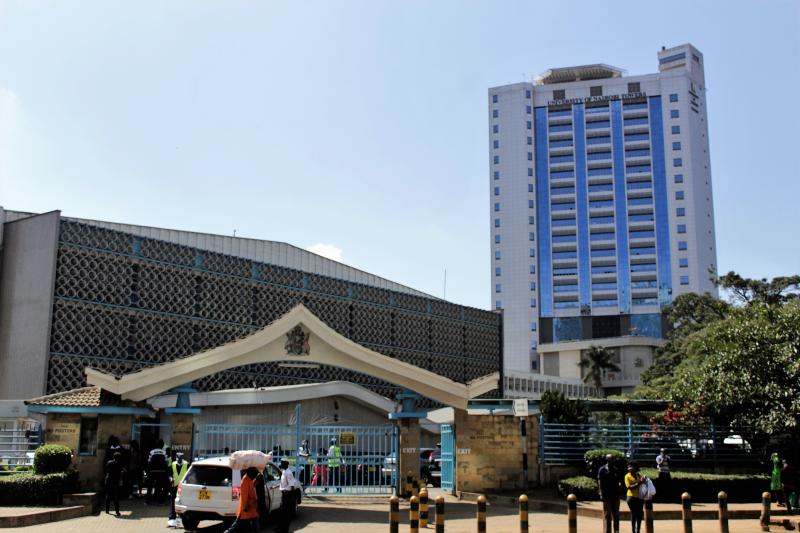×
The Standard e-Paper
Home To Bold Columnists

Since mid-January, the University of Nairobi has been operating without a leader. This follows a decision by Cabinet secretary for education to disband the institution’s council. He also rejected the institution’s appointment of a new vice-chancellor.
Two court injunctions have followed. The first suspended the government’s action. The second restrained the new vice chancellor of Kenya’s oldest university from taking any action that would create tension at the institution.